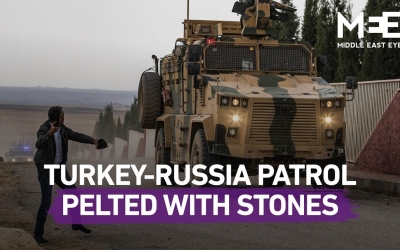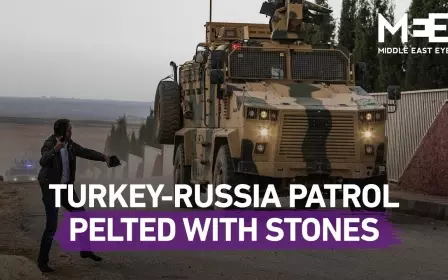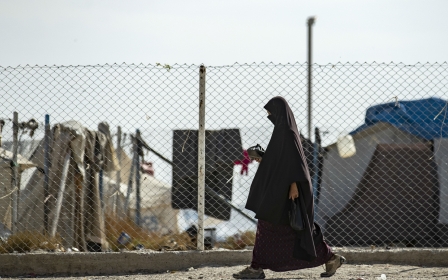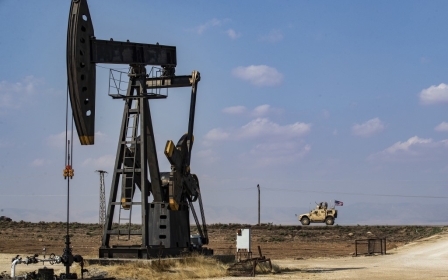Israel aiding Syria's Kurds and advocating for them with US

Israel is assisting Syrian Kurds battered by a month-old Turkish incursion, seeing them as a counterweight to Iranian influence, and advocating for them in talks with the United States, the deputy Israeli foreign minister said on Wednesday.
Ankara launched its assault targeting the Kurdish People's Protection Units (YPG) militia after the abrupt withdrawal of 1,000 US troops from northern Syria in early October, a move Kurds deemed a betrayal by Washington, their partner in fighting Islamic State.
In a rare public dissent with US President Donald Trump, Israeli Prime Minister Benjamin Netanyahu offered humanitarian aid to the "gallant Kurdish people" on 10 October, saying they faced possible "ethnic cleansing" by Turkey and its Syrian allies.
The remarks were angrily rebuffed by Ankara, which maintains that it needs to prevent the creation of a "terror corridor" along its southern border.
Tzipi Hotovely, Israel's deputy foreign minister, told the Knesset on Wednesday that the offer of help from Israel had been taken up.
"Israel has received many requests for assistance, mainly in the diplomatic and humanitarian realm," she said.
"We identify with the deep distress of the Kurds, and we are assisting them through a range of channels."
Syrian Kurdish officials could not immediately be reached for comment, the Reuters news agency reported.
Hotovely did not elaborate on the Israeli assistance, other than to say that during "dialogue with the Americans..., we state our truth regarding the Kurds... and we are proud of our taking a stand alongside the Kurdish people".
'Dangerous scenario'
Israel has maintained discreet military, intelligence and business ties with the Kurds since the 1960s, regarding the minority ethnic group - whose indigenous population is split between Iraq, Turkey, Syria and Iran - as a buffer against shared adversaries.
Chief among those today are Iranian-sponsored forces deploying close to Israel's borders, including within Syria.
"Israel indeed has a salient interest in preserving the strength of the Kurds and the additional minorities in the north Syria area as moderate and pro-Western elements," Hotovely said.
"The possible collapse of the Kurdish hold in north Syria is a negative and dangerous scenario as far as Israel is concerned.
"It is absolutely clear that such an event would bring about a bolstering of negative elements in the area, headed by Iran."
Middle East Eye delivers independent and unrivalled coverage and analysis of the Middle East, North Africa and beyond. To learn more about republishing this content and the associated fees, please fill out this form. More about MEE can be found here.





